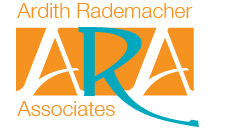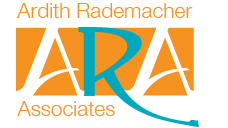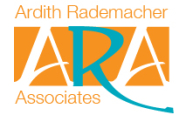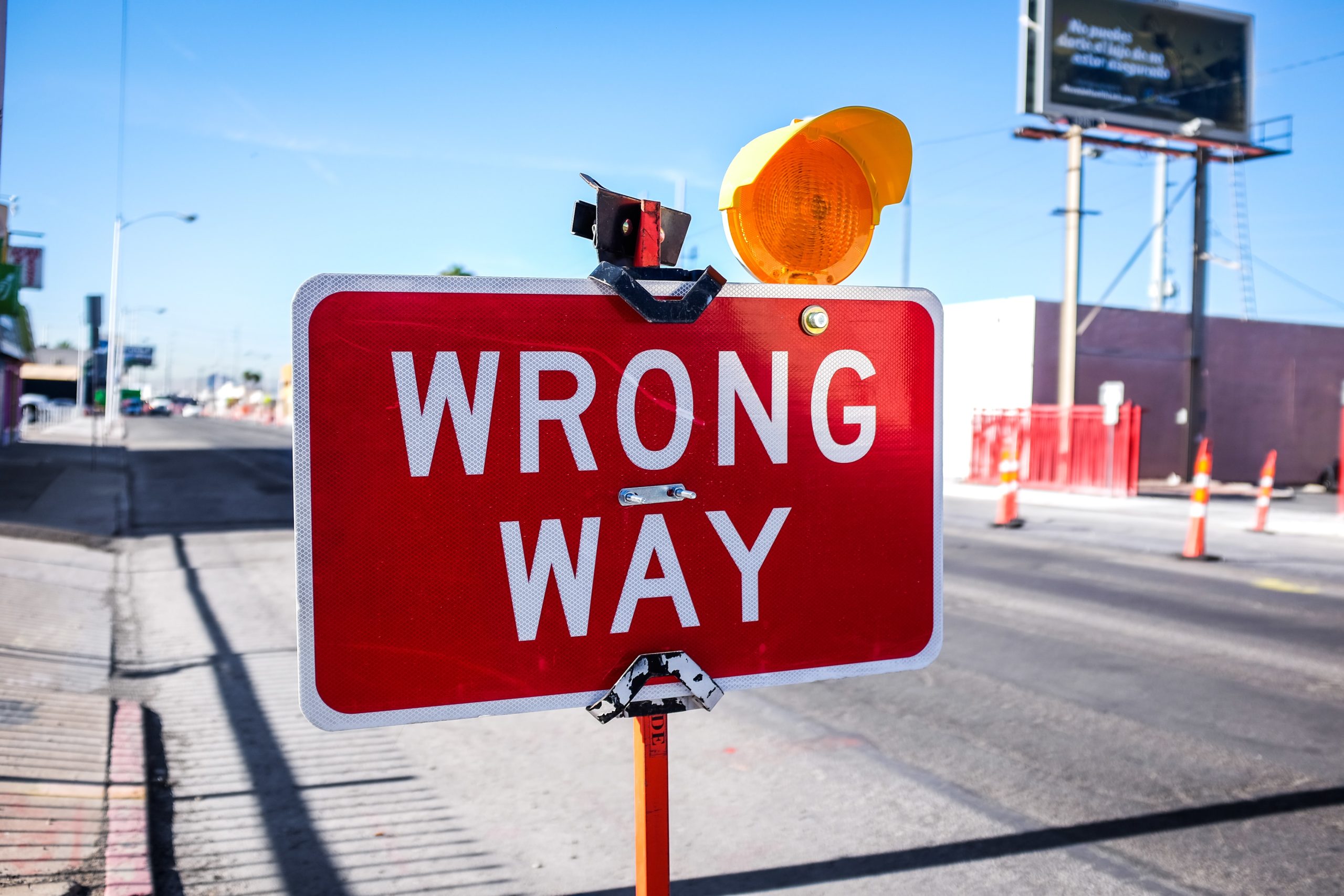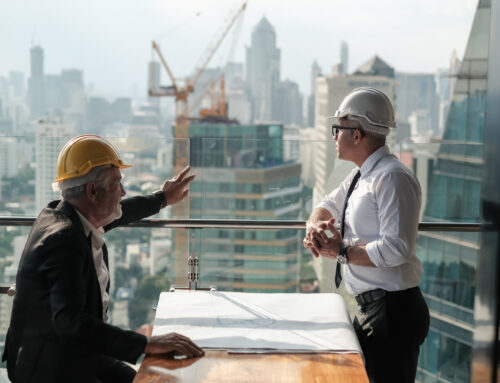The hiring process is notoriously tricky. To pick the right person for your team, you need to strike the perfect balance of moving quickly (so that no other construction company snatches the applicant up before you have a chance) and biding your time (so that you can gather enough information to decide confidence).
A bad hiring decision can affect everything from workplace morale to turnover rates (both of which can wreak havoc on your bottom line). In this article, we will take a look at three of the most common hiring mistakes, plus some recommendations for ways that you can avoid them.
Mistake #1: Focusing Too Much on the Resume
When you have spent countless hours looking through applications, it can feel like a huge relief when you finally find someone who has the experience and background you are looking for. You want to believe you have found the perfect fit – but remember that it is pretty common for candidates to stretch the truth. And, of course, for certain construction positions, you need to have a very particular set of skills. Still, you should also be looking for certain personality traits that suggest they will be a successful new member of the team.
Mistake #2: Not Checking the Candidate’s Skills
This next big hiring mistake is related to the first. Many interviewers are satisfied with the resume and interview alone. They forget to see if the candidate is really able to follow through on everything that has been promised. It would help if you considered having applicants come on for a trial period to perform the main tasks that they are likely to see on the job. Of course, you do not want to do this for every candidate – just your top contenders. Ensure that the applicant knows that this is a trial period; be very clear about how long this will last and your expectations for this time.
Mistake #3: Letting Personal Biases Take Over
Countless studies have shown that there are biases that interviewers often fall victim to. The first is called “confirmation bias.” This is essentially when the interviewer has a good feeling about someone; they want to trust their gut, so they will look for things that confirm this feeling. Another common bias that frequently comes up in the interviewing process is called the “halo effect.” This is when you attribute positive characteristics to an individual because there is something else that you like about them. To lower the risk of any biases, you should make sure that everyone involved in the interview process follows a strict set of criteria, including asking all candidates the same questions.
Hiring mistakes account for huge costs to construction companies every year – but they do not have to. By being aware of the most common oversights and biases, you can help ensure that you only hire the best candidates for your team.
